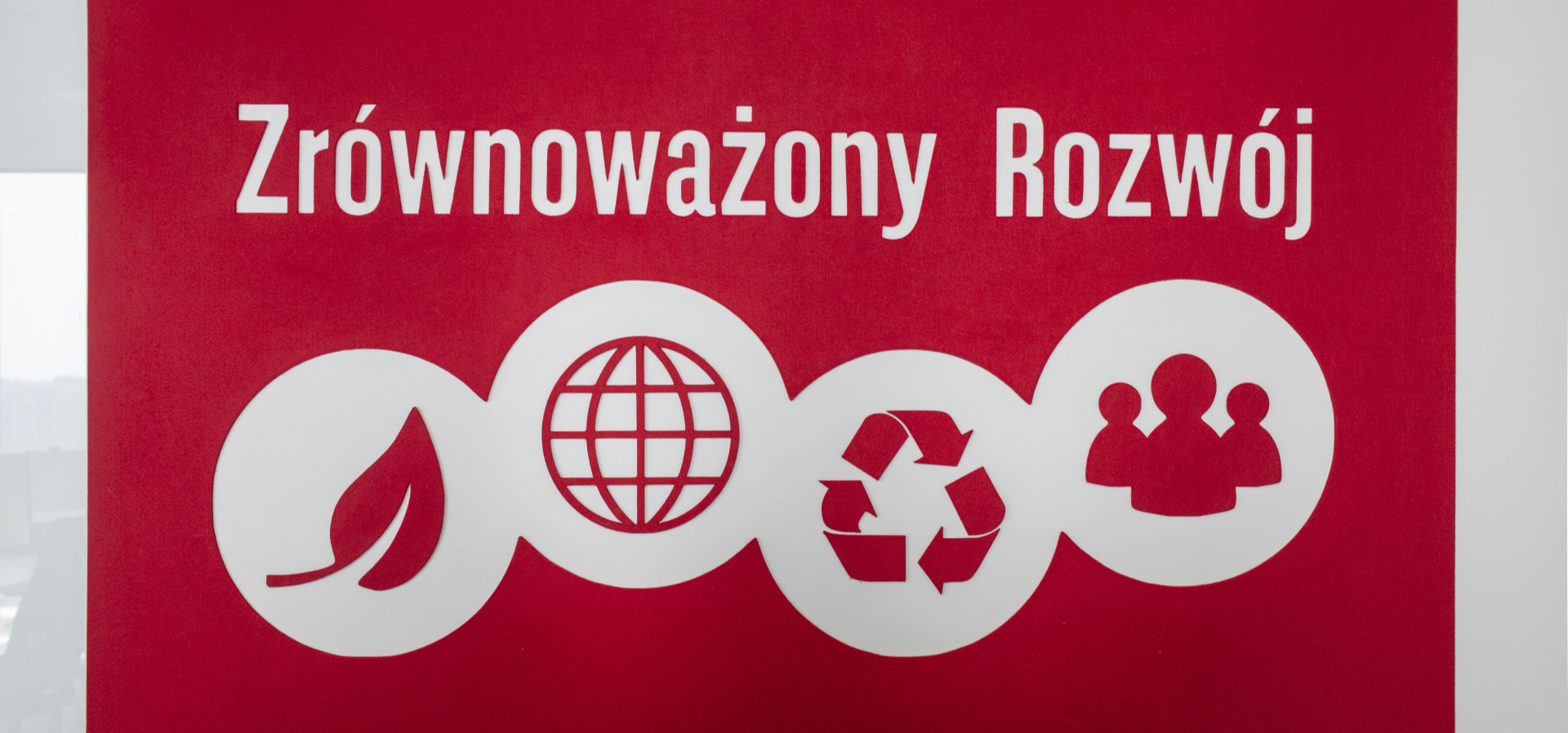In each of these sectors, the Bank implements CSR Policies and Guidelines concerning the relevant Customers. All current and potential Customers of the Bank who operate in the above-mentioned industries are informed about our CSR Policies. To become our Customer or obtain financing, an entity needs to meet several requirements set out in the Policy for a given sector.
Regarding the most harmful sectors, the Bank makes strategic withdrawal decisions to cease serving Customers.
In 2018, the Bank began the process of exiting the tobacco sector. This is in line with the 2017 global decision of the BNP Paribas Group to discontinue financial and investment activities with regard to tobacco manufacturers, planters and wholesalers.
In 2020, the Bank stopped financing the fur farming sector, which was the final stage of implementing restrictions that had gradually been introduced since 2017.
Also in 2020, the Group tightened its policy towards Customers whose businesses rely on coal-based energy. This was a continuation and extension of restrictions introduced in 2015.
In addition to the regular analysis of risks in particularly sensitive sectors, an ESG risk assessment is carried out as part of the lending process to corporate clients from 2019. All participants in the credit process assess ESG risks, including the CIB and Corporate Clients Risk Division as the second line of ESG risk control. The process has been systematised and made more detailed through the implementation of the EBA/GL/2020/06 guidelines for lending and monitoring.
From June 30, 2021, financing decisions are reached with the aid of an ESG risk assessment, which has become a part of the credit risk assessment process for corporate and SME Customers. From September 1, 2021, an ESG risk assessment is also required for Micro Customers. The ESG assessment (based on information provided by Customers) is included in the credit analysis. If a high level of ESG risk is identified, it is possible to lower the Customer’s rating.
The BNP Paribas Group has in place the Equator Principles (EP) to identify, assess and manage the risks associated with the financing of a project and its environmental and social impact. The principles provide minimum standards for conducting project due diligence.
In 2021, the Bank conducted 174 CSR analyses in sustainability-sensitive sectors.
